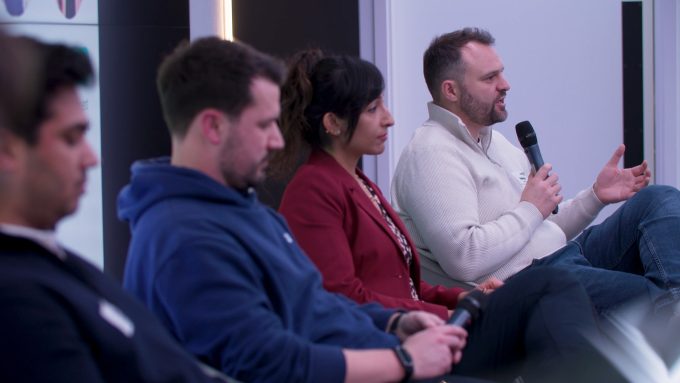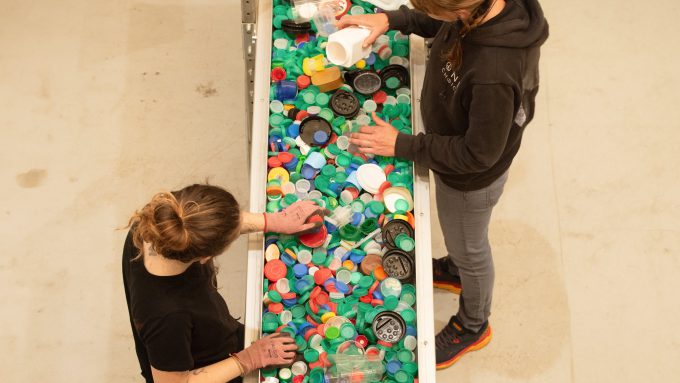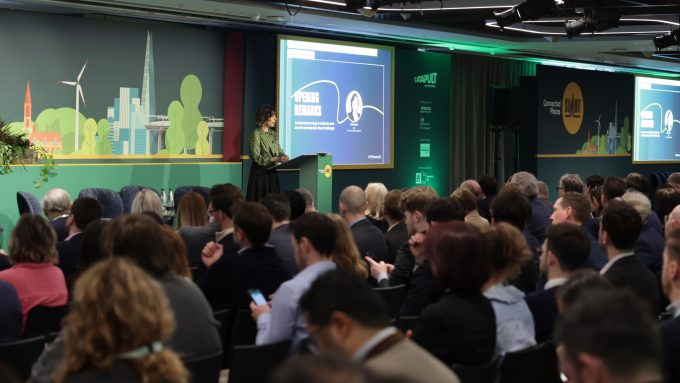Drone tech investor speaks up for honest feedback
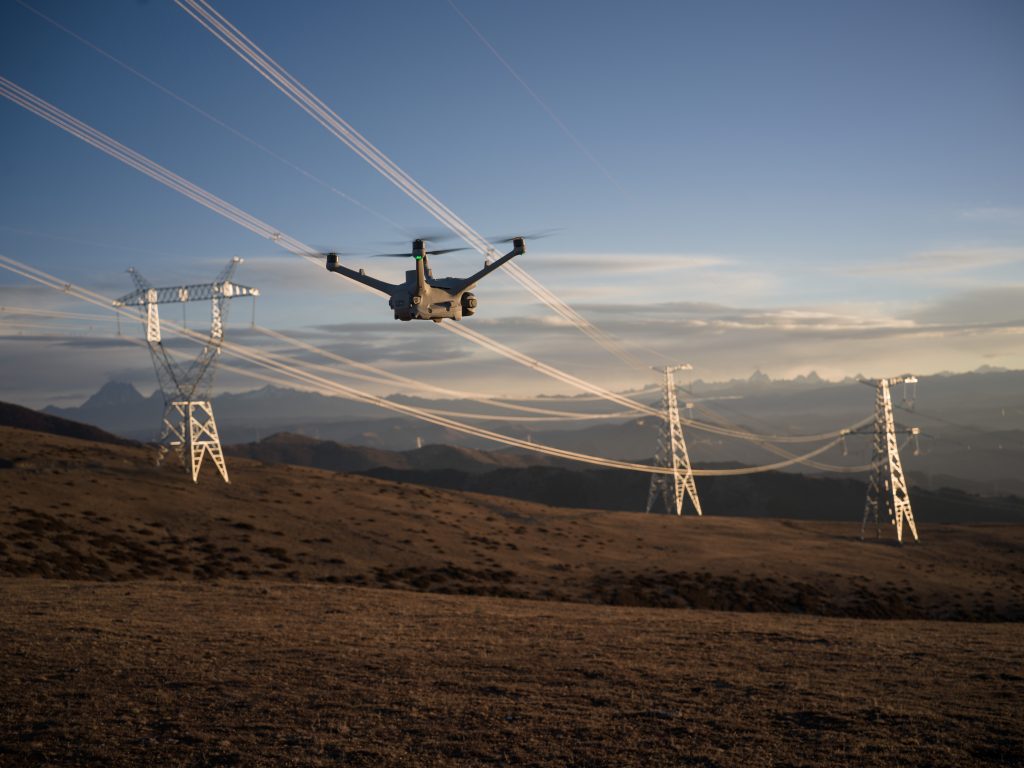
Investors must get better at giving negative feedback to start-ups that are not a fit for them, according to Hugo Silva of PiLabs; who backed a technology firm on one of Connected Places Catapult’s programmes for £1m.
“It is important that investors don't waste company founders’ time; that is definitely something many are guilty of,” he adds. “Everyone is busy, but saying ‘no’ and explaining why you are saying no in a couple of lines is the best way.
“We have to say ‘no’ 99% of the time to companies who approach us, so it is important to be professional about it.”
But company founders looking for capital can help themselves enormously too by only approaching investors who have already demonstrated an interest in their area of business, Hugo advises. “Make sure you're reaching out to an investor that is relevant to you. I can’t tell you how many times we get pitched businesses that are outside our investment mandate, and therefore, we would never be able to back.
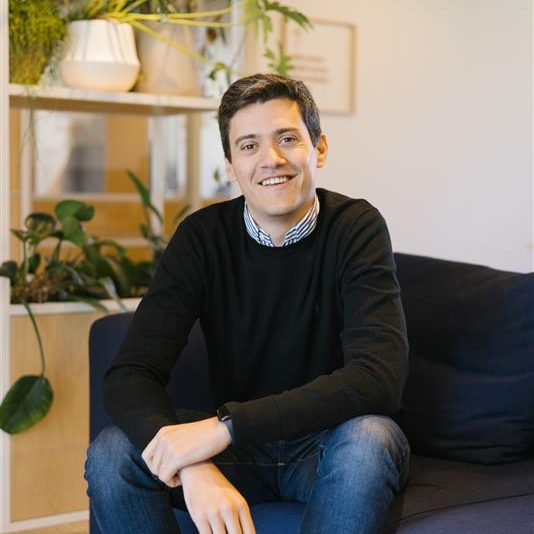
“We invest in technology for the built environment – but don't do healthcare, for instance. Someone may reach out to me to back something that may be super interesting – such as development of a new drug – but I cannot invest in it, because it’s not part of my investment thesis. As a founder, doing a bit of research on the funds you want to approach can save you a lot of time.”
Supporting aerial surveillance
One recent investment Hugo is definitely pleased to have made is in Sorair Technologies: a company that supplies drones and AI surveillance software to autonomously monitor large industrial sites – including ports – to guard against break-ins and theft.
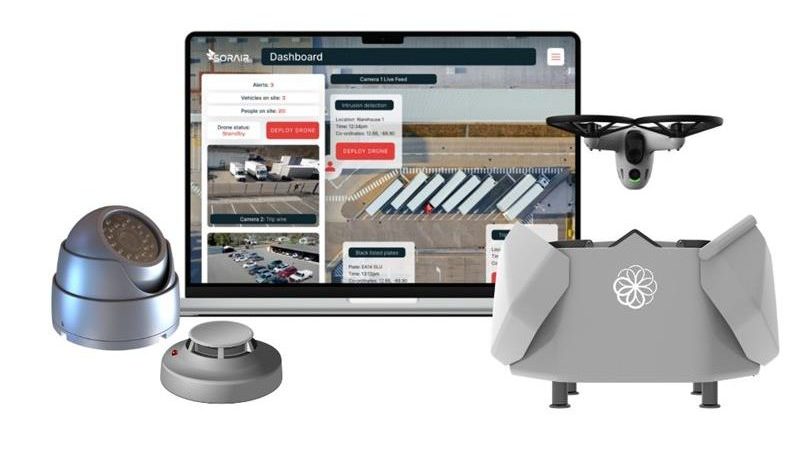
The tech start-up recently took part in the Freight Innovation Fund accelerator – funded by the Department for Transport, and delivered by the Catapult – and conducted a trial of its software system Soranet with DP World at London Gateway in Essex.
Sorair founder Kunmi Oludoyi says the £1m investment will be used to develop the technology, make sure it can be promoted to a range of potential customers, and buy large vehicles to transport the drones to – and maintain them in – remote locations. It also helped out in developing proposals to operate drones beyond visual line of sight.
“We wanted to translate what is basically military software to a commercial offering for ports, trading estates and warehouses,” he says.
“Our system provides an added layer of security for clients, can help to lower their insurance premiums and offers an increased level of assurance for their customers, especially for those operating in logistics.”Kunmi Oludoyi, founder, Sorair
Kunmi also says that Sorair’s surveillance service is not intended to remove the need for security staff carrying out regular patrols of a site altogether, but to provide additional support and service enhancements.
Hugo points out that UK construction sites lose £1Bn to theft every year, and says it is an issue that cannot properly be addressed any longer just by increasing security manpower or persevering with systems that are no longer fit for purpose, lack insight or cannot lead to actions swiftly enough.
“Drones can be deployed quickly and catch criminals in the act,” he explains. “I liked Sorair’s integration of both hardware and software; which I hadn’t seen a lot of in this space before.”
Balancing optimism with reality
Agreeing on a company valuation between SME and investor naturally involves a fair degree of negotiation. Kunmi’s starting point was the value of competitors of a similar size based in America, plus his future ambition. “As an entrepreneur and chief executive, you do have to be fairly optimistic with a valuation, but the figure has to be realistic too,” he says.
According to Hugo “when we first spoke, Kunmi was looking to raise a little less money. So we asked how much capital he thought he needed to take his company to the next step, and what quantum of ownership he was comfortable parting with. From there, you can start having a discussion on what valuation is appropriate.”

Sorair’s investment journey began in 2022 when it secured some small angel investment for a drone delivery business, but has since pivoted towards offering software as well. The company has also been speaking with several other venture capitalists and angel investors, and expects to break even within three years.
Hugo welcomes the fact that Sorair took part in a grant funded programme through Connected Places Catapult, which he agrees can help to reduce the investment risk. “We spoke to the Catapult before making the investment as part of our due diligence process. They were a useful touchpoint for us, and offered a stamp of quality.”
Kunmi says participating in the Freight Innovation Fund increased awareness of his company’s brand and provided an added layer of credibility to its offer; helping it to work with large companies such as DP World.
Advice for SMEs seeking funding
Hugo says the first thing he asks start-ups looking for investment is to explain why they think they need the funding. In the early days of a company, he adds, “their most valuable asset is the level of ownership they have. If you are willing to give some of that ownership to investors, you need to be very sure that's what you want to do, because it comes with additional constraints”.
Hugo also says that investors should also consider how relevant the background of an SME’s founders are to the problems they're trying to solve, and the strength of professional relationships among the senior team. “One of the main reasons why companies don't develop as fast as we'd like them to is because founders sometimes fall out.”
He adds that start-ups need to consider not just the sophistication of the technology they offer today, but how they might develop systems in future years.
So, what more can investors and SMEs do to find and support each other? “There’s plenty of opportunities for founders to get in touch with investors, such as at networking events,” says Kunmi. Hugo agrees: “There's lots of events you can go to, so it is important to find them – and to trust the process.”
Find out more about our service for Investors. Read about other investors in this series
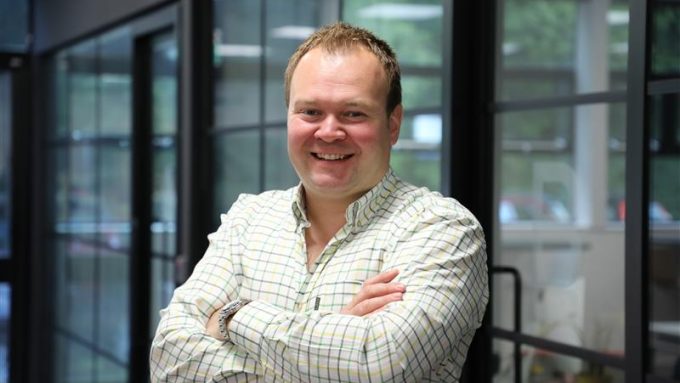
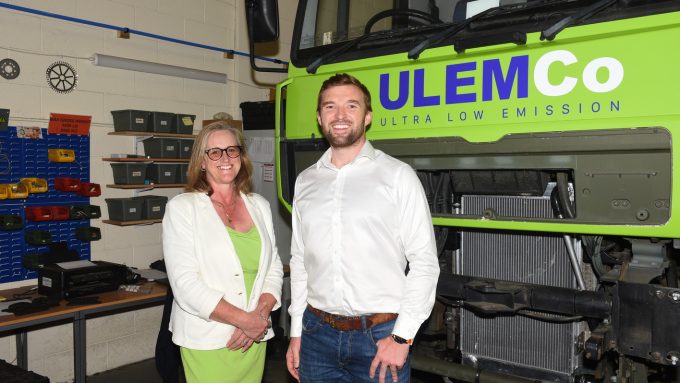
“Convince me your solution is the solution” advises hydrogen company investor
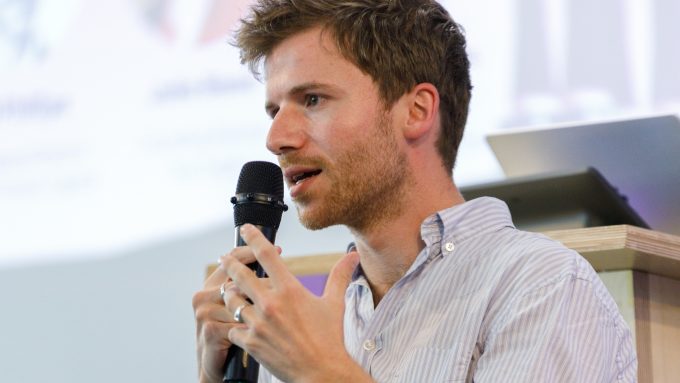
Create investor FOMO, climate tech firms told
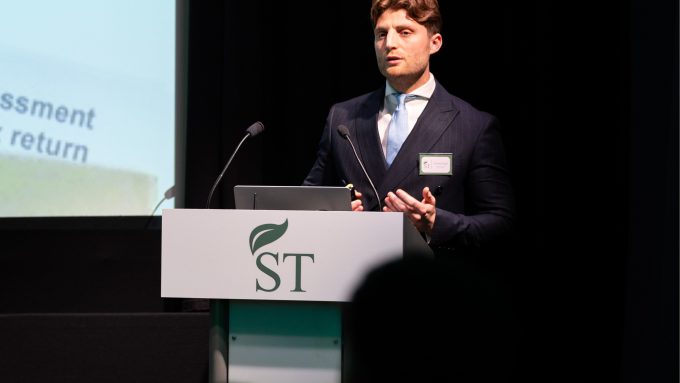
‘Get better at telling stories’ advises tech investor

Highways tech investor says teamwork is key to standing out

Maritime investor charts a course to financial success


